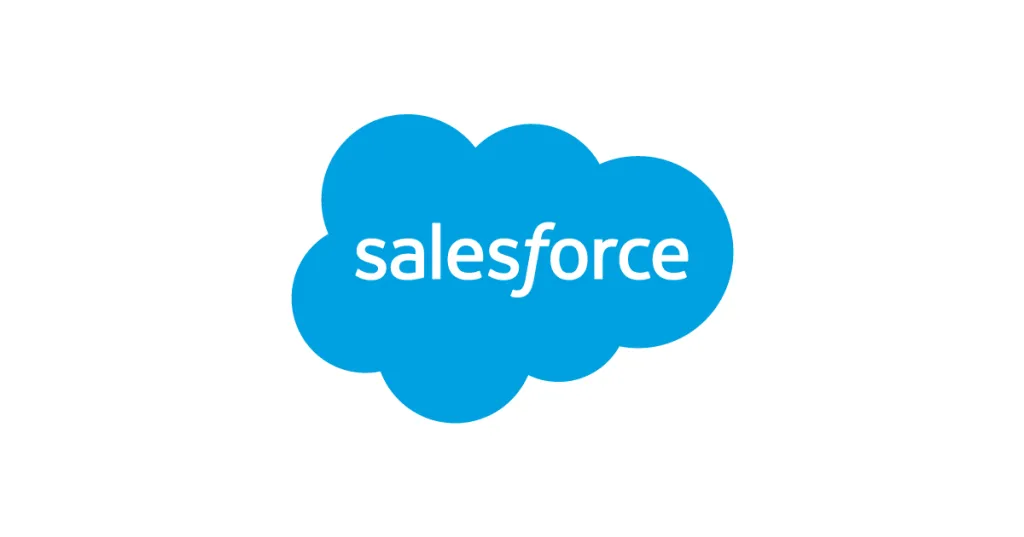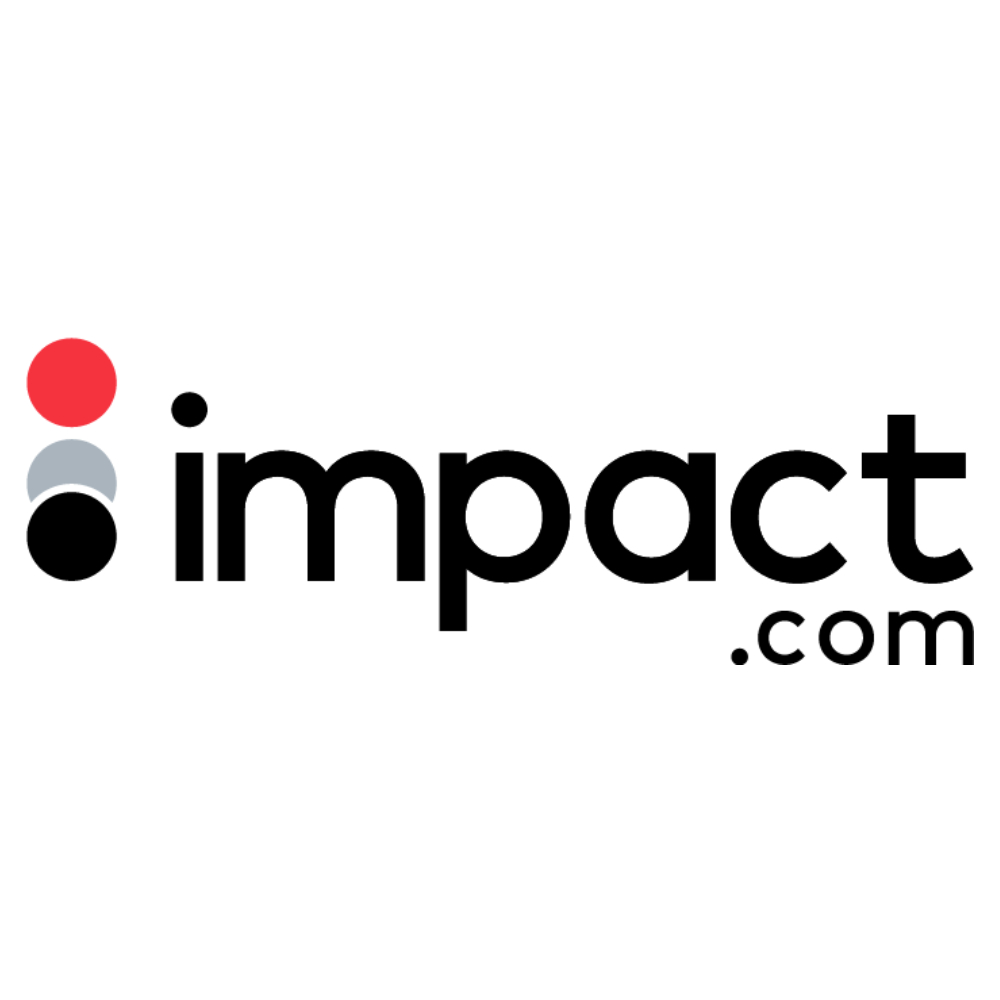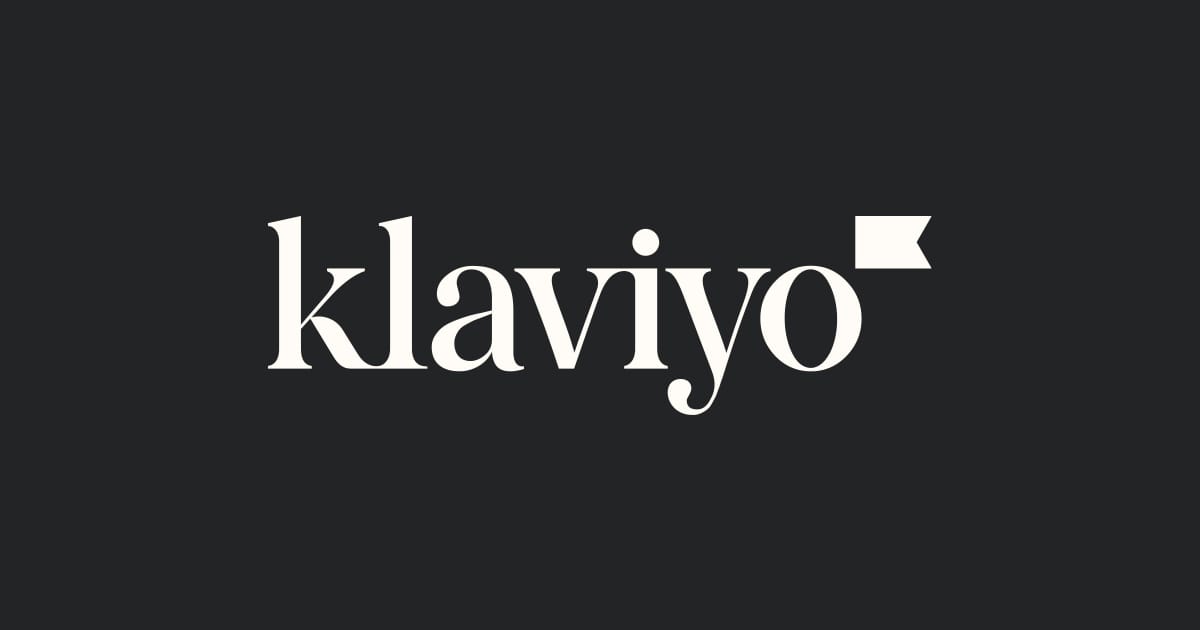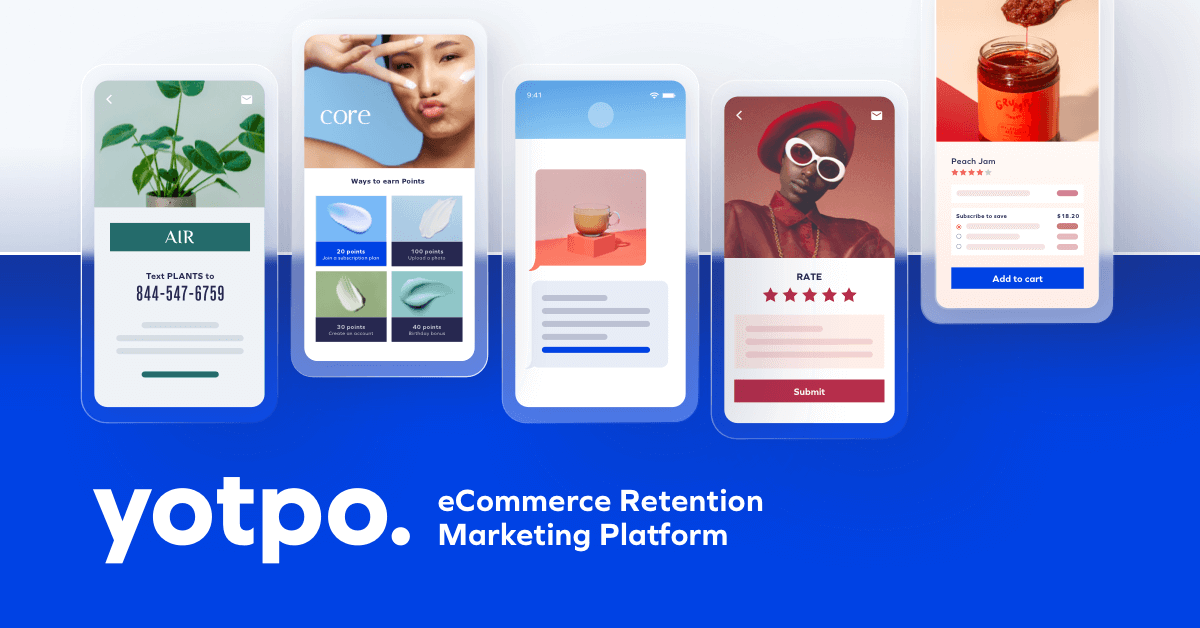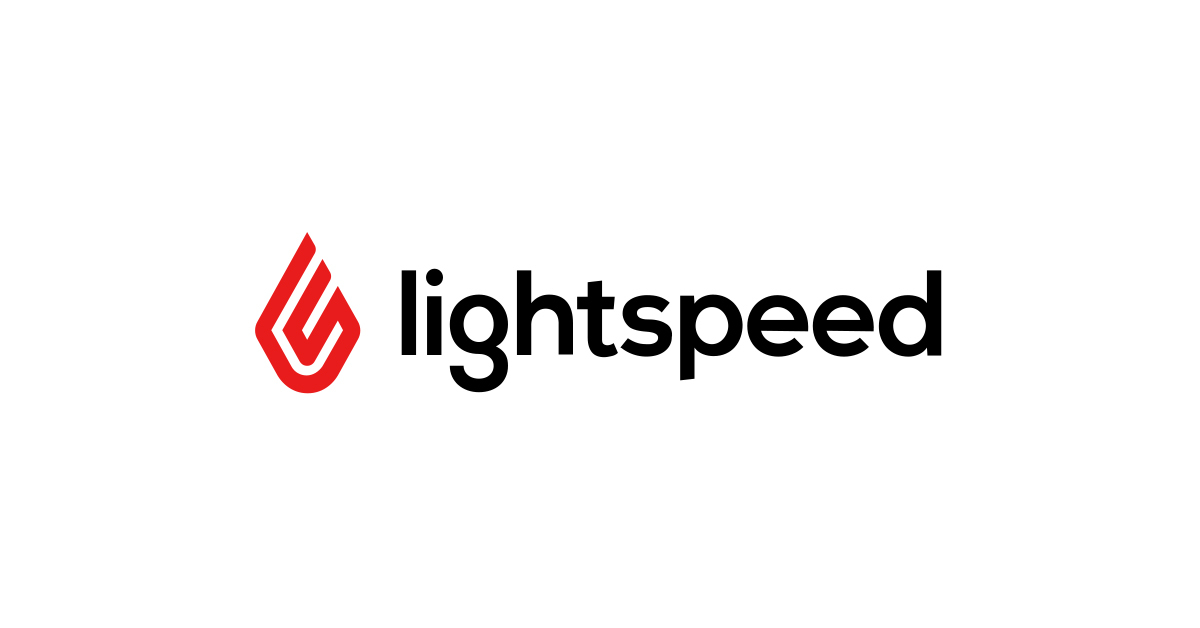Introduction
Customer loyalty and retention are critical pillars of long term business success. With the popularity of loyalty programs and rewards across industries like retail, restaurants, travel and more, businesses are increasingly turning to specialized loyalty management software to help design, launch and optimize their initiatives. This post analyzes 15 of the leading loyalty management platforms available based on key factors like omnichannel capabilities, personalization tools, integration flexibility and customer reviews.
Methods of Evaluation
To evaluate and rank the loyalty management software, we considered the following conventional factors: features and functionality, ease of use, support for integration, pricing and cost, and customer reviews and ratings. Additionally, we also leveraged modern metrics like number of backlinks, organic traffic and keyword search trends to understand a vendor’s thought leadership and market popularity. This holistic approach helped us develop a balanced perspective on each vendor beyond just their promotional claims.
1. Salesforce Commerce Cloud
Salesforce Commerce Cloud is a leader in loyalty management software. As the digital backbone of the Salesforce Customer 360 platform, Commerce Cloud provides robust loyalty solutions that are fully integrated with CRM and marketing automation capabilities.
Pros: Key advantages of Salesforce Commerce Cloud include: Omnichannel loyalty integrated with CRM, customizable for both B2C and B2B deployments, advanced personalization and AI capabilities to deliver hyper-personalized loyalty experiences.
Cons: A potential disadvantage is the complexity of the platform which requires dedicated implementation resources to fully realize the benefits of the integrated stack.
Pricing: Pricing for Salesforce Commerce Cloud is tailored to business size and requirements. Licensing starts at $100 per user per month on an annual commitment for core solutions.
Some key stats about Salesforce Commerce Cloud include: powers over $1 trillion in commerce each year, used by over 300,000 businesses globally, integrates loyalty programs for over 1 billion customers.
2. Impact
Impact is a customer loyalty management software that helps companies build loyalty programs and drive recurring engagement. Founded in 2003, Impact is headquartered in San Francisco and serves over 300 brands globally. Some of their notable customers include Wyndham Hotels, Choice Hotels, and AMC Theatres.
Pros: Some key advantages of Impact include:
– Loyalty technology provider for travel brands looking to enhance loyalty efforts
– Robust analytics dashboard to track KPIs and program performance
– Mobile capabilities for members to earn and redeem rewards on-the-go
Cons: One potential disadvantage is that Impact is a more full-featured loyalty program management platform suited for mid-to-large enterprises versus smaller businesses or startups on tighter budgets.
Pricing: Impact offers flexible pricing models depending on business needs including per-user pricing and enterprise licensing. Pricing is available upon request for a personalized quote.
Some key stats about Impact include:
– Over 300 brands use Impact globally across industries like travel, retail, media, and financial services
– Impact powers over $30 billion in annual revenue for their customers
– They have over 20 years of experience in building and optimizing loyalty programs
3. IDEO Loyalty
IDEO Loyalty is a loyalty management solution developed by IDEO, a leading global design and innovation consultancy. IDEO has been helping companies transform their businesses through human-centered design thinking for over 40 years. Their loyalty management software leverages this expertise and methodology to help organizations design and optimize engaging loyalty programs.
Pros: Some key advantages of IDEO Loyalty include:
– Consulting-led approach for loyalty innovation through workshops and strategy development
– Design thinking methodology for creating intuitive and engaging UX across web, mobile and other touchpoints
– Strategy implementation and change management support to ensure programs are successfully launched and optimized
Cons: A potential disadvantage is the consulting-led nature may prolong implementation timelines compared to purely self-service solutions. Extensive workshops and strategy development upfront are part of their methodology but could increase time-to-value for some businesses.
Pricing: IDEO Loyalty pricing is not publicly listed and involves customized proposals based on business needs and program scope. As a consulting-led solution, pricing would factor in design thinking workshops, strategic roadmaps, and implementation support in addition to standard SaaS and support fees.
Some key stats about IDEO Loyalty include:
– Used by over 200 major brands globally across industries like retail, CPG, travel and more
– Programs manage over 100 million members globally
– Features design thinking workshops and strategy development to ensure loyalty programs are tailored to each business’ unique needs and goals
4. Klaviyo
Klaviyo is a leading marketing automation platform that helps companies accelerate growth through personalized messaging across email, SMS, and push notifications. Founded in 2012, Klaviyo serves over 100,000 paying customers including Warby Parker, Allbirds, Glossier, and Harry’s. Their platform allows companies to collect customer data, analyze behaviors, and deliver targeted communications to deepen customer relationships.
Pros: Some of the main advantages of Klaviyo include:
– Powerful segmentation and personalization abilities to drive hyper-targeted campaigns
– Robust API for easy integration with other tools and systems
– supports email, SMS, push notifications for reaching customers across channels
– Intuitive drag-and-drop builder for creating complex automations and workflows
– Strong focus on customer support and ongoing product improvements
Cons: One potential disadvantage is that the platform can be more complex to set up and require some learning compared to simpler marketing automation tools. Advanced features may not be needed for all types of businesses.
Pricing: Klaviyo offers basic, professional, and enterprise pricing plans starting from $49/month. Pricing is based on the number of contacts in your database. All plans include unlimited users, emails, automations and more. The professional plan unlocks more advanced features while enterprise provides additional support and customization.
Some key stats about Klaviyo include:
– Over 100,000 paying customers worldwide
– Supports 6 languages
– Integrates with over 150+ popular apps including Shopify, BigCommerce, and Magento
– Processes over 8 billion email sends per month
5. Yotpo
Yotpo is an eCommerce retention marketing platform that helps companies drive repeat purchases through various connected solutions like reviews, SMS, email, loyalty programs and subscriptions. Founded in 2011 and headquartered in New York City, Yotpo works with over 18,000 eCommerce brands worldwide.
Pros: Some key advantages of Yotpo include:
– Powerful social proof tools like user generated reviews that have been proven to boost conversions
– Robust loyalty program capabilities including points-based systems, tiers and rewards
– Comprehensive analytics dashboards to optimize promotional campaigns and loyalty strategies
– Omnichannel support including integration with major shopping carts and POS systems
Cons: One potential disadvantage of Yotpo is that the platform lacks customizability for more advanced users. The workflows and features are tailored more for mid-market merchants rather than very large enterprise brands.
Pricing: Yotpo offers various pricing tiers starting from a free Basic plan up to an Enterprise solution with custom quoting. Basic plans start at $99 per month and add additional features like loyalty programs, mobile apps and recommended products as you move up tiers.
Some key stats about Yotpo include:
– Over 18,000 customers worldwide including brands like MVMT, Tommy Hilfiger and Sunbasket
– Processes over $20 billion in transactions annually
– Helps generate 4-5x ROI on marketing spend for retailers
6. Vend
Vend, now known as Lightspeed, is a cloud-based point of sale and retail management system. Founded in New Zealand in 2012, Vend has grown to serve over 50,000 locations worldwide. They provide a full-featured POS solution for inventory-based retailers along with integrated loyalty, payments, and e-commerce capabilities.
Pros: Key advantages of Vend/Lightspeed POS include its built-in loyalty rewards program, robust mobile POS app that enhances the in-store shopping experience, and extensive integration capabilities with over 500 apps in their ecosystem.
Cons: One potential disadvantage is that the platform is primarily geared towards inventory-based brick-and-mortar retailers rather than service-based businesses.
Pricing: Vend/Lightspeed offers flexible pricing plans starting at $79/month for a single store. Additional services like payments, ecommerce, and add-on apps have additional per-month fees. They also offer various packaged plans tailored for small, medium, and large multi-location businesses.
Some key stats about Vend/Lightspeed include: over 50,000 locations use their software worldwide, available in 10+ languages, integrated payments processing for over 130 payment types across 35+ countries, and they process over $30 billion in annual payments volume.
7. Walkme
WalkMe is a leading digital adoption platform that provides guided onboarding, personalized in-app experiences, and usage analytics to drive user engagement and adoption. Founded in 2011 and based in San Francisco, WalkMe’s platform is used by over 3,500 global customers including 23andMe, Anthropic, Intuit, and Philips.
Pros: Some key advantages of WalkMe include:
– Digital adoption platform with built-in loyalty integrations to reward engaged users
– Guided onboarding and user journeys across both web and mobile applications
– Personalized in-app experiences based on user profiles and behaviors
– Real-time usage analytics and reporting on key metrics like time-to-value
Cons: One potential disadvantage is that the WalkMe platform requires implementation and configuration which involves some upfront costs and resources. However, the value it provides in driving adoption, engagement, and retention often outweighs these initial setup costs.
Pricing: WalkMe offers flexible pricing plans including free trials and quote-based enterprise licenses. Main pricing options include Standard, Plus, and Premium annual subscription plans starting at $50/user per year for Standard.
Some key stats about WalkMe include:
– Over 3,500 customers worldwide
– Used by 95% of Fortune 500 companies
– Provides guided experiences for over 50 million users monthly
– Reduces time to productivity by up to 50%
8. Social Tables
Social Tables is a leading event technology company that provides all-in-one event management software. In addition to core event planning and management features, Social Tables offers a loyalty management add-on that allows users to easily create and manage loyalty programs for repeat event attendees.
Pros: Key advantages of Social Tables’ loyalty management include its tight integration with the core event management platform, robust customer profile and activity tracking, flexibility to create custom rewards programs, and data analytics capabilities.
Cons: A potential disadvantage is that the loyalty management features require purchasing an additional add-on rather than being included in the basic software pricing.
Pricing: Pricing for Social Tables’ loyalty management add-on starts at $99/month for up to 5,000 members. Additional pricing tiers are available for higher member counts.
Some key stats about Social Tables’ loyalty management capabilities include: ability to track points and rewards for over 10,000 members, integrated customer profiles to view member history and activity, customizable rewards programs with tiered loyalty levels, and real-time reporting on loyalty program performance and ROI.
9. Elastic Path
Elastic Path is a leader in composite commerce platforms that help brands deliver personalized, omnichannel experiences at scale. Their loyalty management software provides merchants with powerful tools to build and optimize successful customer loyalty programs.
Pros: Key advantages of Elastic Path’s loyalty management software include powerful eCommerce and content personalization tools, a robust digital marketing and analytics dashboard, and the ability to build sophisticated multi-tier and points-based loyalty programs.
Cons: A potential downside is that fully utilizing all of Elastic Path’s capabilities may require advanced technical expertise to implement and manage.
Pricing: Pricing for Elastic Path’s loyalty management software is not publicly listed and depends on business needs and customization requirements. Interested merchants should request a live demo and quote from an Elastic Path sales representative.
Some key stats about Elastic Path’s loyalty management capabilities include: support for over 500 loyalty programs globally, integration with 30+ POS and eCommerce platforms, personalized offers for over 250 million shoppers per year.
10. Airship
Airship is a leading provider of mobile app experience platform. Founded in 2009 and headquartered in Portland, Oregon, Airship serves over 1,000 brands worldwide. The company provides products and solutions focused on mobile messaging and engagement to help brands master Mobile App Experiences (MAX) and win customer loyalty.
Pros: Some key advantages of Airship’s platform include:
– Allows creating of targeted push notifications and in-app messages for greater customer engagement
– Provides tools to build loyalty programs directly within mobile apps
– Offers analytics and insights to optimize mobile app experiences
– Unified platform to manage messaging across various channels like email, SMS etc.
– Supports APIs for extensive customization and integration capabilities
Cons: A potential disadvantage could be the pricing, as the platform may not be suitable for all budgets depending on the requirements and number of integrations/users.
Pricing: Airship offers flexible pricing plans depending on the needs and usage:
– Standard Plan starting at $5k/month based on number of notifications and users
– Custom/Enterprise Plans for larger volumes and integrations priced based on requirements
Some key stats about Airship include:
– More than 1,000 global brands trust Airship to power their mobile app experiences
– Processes over 35 billion messages monthly across various channels
– Supports both iOS and Android mobile platforms
– Over 15 years of experience in mobile messaging and engagement
11. Creatio
Creatio is a no-code platform for building loyalty applications and automating workflows without writing code. With Creatio, organizations can develop customized CRM solutions to manage customer loyalty programs, offers and rewards. Some key features of Creatio include a visual drag-and-drop interface, pre-built templates and models, and analytics capabilities.
Pros: Some key advantages of using Creatio for loyalty management include:
– Powerful no-code platform allows non-technical teams to build and customize solutions
– Pre-built templates and models reduce time and costs for implementation
– Advanced analytics and customer journey mapping help optimize loyalty programs
– Integrates smoothly with other applications used by sales, marketing and support teams
Cons: The only potential disadvantage is that the no-code interface may not be as flexible for advanced customizations as traditional low-code or code-based platforms. However, Creatio provides plenty of options to extend functionality through its platform APIs and marketplace if needed.
Pricing: Creatio pricing starts from $99 per user per month for the standard edition. Additional features like advanced process automation, analytics and collaboration tools are available in higher-tier professional and enterprise editions priced according to team size and customization needs.
Some key stats about Creatio include:
– Used by over 4,000 companies worldwide
– Supports over 25 languages
– Over 350 pre-built templates and workflow models available
– Integrates with over 50 applications including Salesforce, Microsoft Dynamics and Zoho
12. Smile.io
Smile.io is a leading loyalty management platform built for small businesses. The platform provides AI-powered loyalty programs, messaging, and personalized engagement tools to help businesses boost retention and increase customer lifetime value. Smile.io has powered loyalty programs for over 5,000 businesses in industries like retail, restaurants, salons/spas, and more.
Pros: Key advantages of Smile.io include:
– AI-powered loyalty chatbot and messaging services
– Personalized messaging at scale to boost engagement
– Seamless integration into any existing loyalty program
Cons: One potential disadvantage is that the platform is more suitable for small and medium sized businesses compared to enterprise-level companies with very complex loyalty needs.
Pricing: Smile.io offers three pricing tiers: Basic ($49/month), Pro ($99/month) and Elite ($199/month). All tiers include the core loyalty management features. The higher tiers provide additional benefits like more messaging credits, support for multiple loyalty programs and stores, advanced analytics, and larger data storage quotas.
Some key stats about Smile.io include:
– Programs for over 5,000 businesses globally
– Message over 500 million customers annually
– 10x average order value within 6 months of customers joining loyalty programs
– 90%+ customer retention rates for businesses using Smile.io
13. Shopkick
Shopkick is a loyalty and rewards platform that gives users cashback rewards, or “kicks”, for everyday shopping behaviors like browsing catalogs, making purchases both online and in-store, and scanning product barcodes. Founded in 2012, Shopkick has partnered with over 100 major retailer brands across industries like grocery, clothing, consumer electronics, and more.
Pros: Key advantages of Shopkick include: – Earn rewards for common shopping behaviors like browsing retailer apps and websites as well as making purchases – Rewards can be accumulated and redeemed for gift cards from major brands – Location-based notifications push deals and discounts to users when they are nearby partner stores
Cons: A potential disadvantage is that the rewards earned per activity tend to be small, usually $1-5 worth of “kicks” for things like scanning a product barcode. Accumulating enough kicks to redeem for a gift card may require consistent usage over a longer period of time.
Pricing: Shopkick does not charge retailers any fees for the basic usage of the platform. They generate revenue through advertising in the app and a revenue share model when earned kicks are redeemed for gift cards from their retail partners.
Some key stats about Shopkick include: – Over 100 million downloads of the Shopkick app – $1 billion+ rewarded to shoppers since launch – Over 1000 retail brand partnerships including Target, Walmart, Best Buy, Lowe’s, and more
14. SpotOn
SpotOn is an all-in-one point-of-sale, payments and loyalty management solution for restaurants and retail businesses. Founded in 2011, SpotOn offers software and services to help businesses better understand, connect with and reward their customers.
Pros: Some key advantages of SpotOn include:
– All-in-one POS, payments and loyalty solution allowing merchants to view customer data and purchase history in one place
– Engaging loyalty programs tailored for restaurants to drive repeat visits and spending
– Seamless customer interactions across channels including mobile apps, web and kiosks
Cons: A potential disadvantage is that the all-in-one solution may not be as customizable as point solutions focused on individual areas like POS or loyalty alone.
Pricing: SpotOn offers flexible and tiered pricing plans tailored for businesses of different sizes. Pricing starts at $79 per month for basic POS and payment processing. Additional features like loyalty, inventory management and more are available as add-ons or through higher-tier plans.
Some key stats about SpotOn include:
– Over 30,000 customers globally across 47 countries
– Processed over $10 billion in annual payments
– Supports over 500 payment types including all major credit cards and EMV chips
15. HasOffers
HasOffers is a leading provider of loyalty management software. Founded in 2007, HasOffers helps brands and retailers maximize the value of their customer loyalty programs. With its robust platform, HasOffers allows companies to launch and manage various loyalty initiatives across different business units and regions.
Pros: HasOffers provides the following key advantages:
– Alliance-based solution for brands and publishers to combine audiences
– Data-driven affiliate marketing tools to drive measurable ROI
– Strong performance tracking across digital channels like display, search, email, social media and more
Cons: One potential disadvantage is that HasOffers is best suited for large enterprises given its robust feature set and pricing. Smaller businesses with less complex needs may prefer lower-cost alternatives.
Pricing: HasOffers offers flexible pricing plans tailored to business needs. Contact the sales team for a custom quote. Basic plans start at $1,500/month for up to 500,000 monthly transactions.
Some key facts about HasOffers include:
– Over 600 enterprise brands use HasOffers’ platform globally
– Processes over $2 billion in transactions per year
– Supports 30+ cryptocurrencies and 100+ traditional payment methods
– Integrates with over 50 ecommerce platforms including Shopify, Magento and BigCommerce
Conclusion
While all the vendors analyzed here offer robust loyalty capabilities fit for different business needs, some platforms clearly stood out based on our evaluation methodology. Salesforce, Impact, Klaviyo and Yotpo emerged as leaders thanks to their complete feature-sets, flexibility, customer-centric approach and market traction. For businesses looking for best-of-breed loyalty solutions, these vendors should make the top of the list for comprehensive evaluation. The right loyalty software can meaningfully enhance customer retention, so selecting a partner through a fact-based process is recommended.




